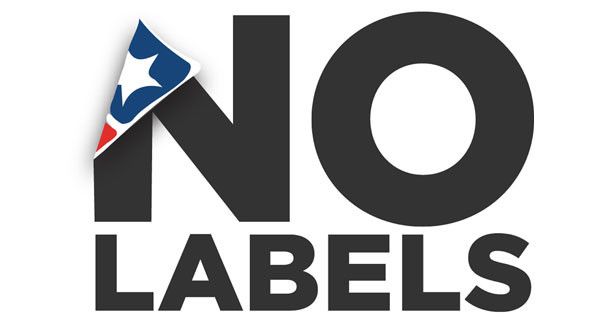By Al From
As we head into the 2024 general election, Donald Trump should be focused on expanding his electoral coalition. After all, in both 2016 and 2020, a majority of Americans voted against him.
But Trump’s overt strategy is the exact opposite: to double down on securing his already rock-solid base at the expense of appealing to new voters.
His outrageous statements and behavior seem designed to drive away crucial independent and swing voters. He’s told Republican primary voters who supported former South Carolina Governor Nikki Haley that they’re not wanted in his MAGA coalition.
That’s not a strategy that will get him to 50.1 percent from his base of just under 47 percent.
So, what gives? The Trump campaign is not stupid. It’s run by political professionals. Why would they pursue a strategy that almost guarantees that Trump will not win a majority of the popular vote?
It has become obvious that the Trump campaign has a covert strategy. It encourages and even financially supports third-party spoiler candidates who will take enough votes from President Joe Biden by splitting the anti-Trump vote to allow Trump to win the White House without ever having to expand his base.
The dots are there to connect.
Trump propagandist Steve Bannon has spent the last two years praising third-party candidate and likely spoiler Robert F. Kennedy, Jr., going so far last year as to suggest that Kennedy would make a good running mate for Trump.
It’s probably more than coincidental that the biggest financial contributor to Kennedy’s SuperPAC is banking heir Timothy Mellon, who also happens to be the biggest contributor to Donald Trump’s SuperPAC.
We don’t know how much Trump’s dark money is behind No Labels’ potential candidacy because No Labels hides its donors. We also don’t know how many Trump supporters are encouraging No Labels to scrape up a spoiler candidate because No Labels also keeps its nominating process secret.
Here’s what we do know and why it’s so much in the interest of the Trump campaign to have third-party candidates in the race.
· In 2024, like in 2016 and 2020, the presidency will not be decided by the winner of the national popular vote but by which candidate wins a handful of swing states that give him a majority in the electoral college.
· When Trump is on the ballot, the election is all about him. Voters vote either for him or against him. Trump gets his votes, but he will fall short of a majority.
· If the anti-Trump voters stay unified behind the one major candidate, Trump loses. If the anti-Trump vote splits among two or more candidates, Trump wins. It’s as simple as that.
We know that because that’s what’s happened in the last two elections. Both were decided in five swing states — Arizona, Georgia, Michigan, Pennsylvania and Wisconsin. In 2016, Trump won all five. In 2020, all five flipped to Biden.
In both elections, Trump won the exact same 48.8 percent of the vote in the five swing states. In 2016, that was enough for him to win. In 2020, it was not.
The difference was the third-party vote. In 2016, the third-party vote was 4.5 percent — most of it came from Hillary Clinton, driving her vote in those states down to 46.7 percent, so Trump’s 48.8 percent was enough to win.
In 2020, the third-party vote was just 1.4 percent. Biden benefitted from that decline, winning 49.8 percent of the vote in the swing states, enough to best Trump’s 48.8 percent.
Trump’s clearest path to victory is to split the anti-Trump vote. A vote for a third-party candidate is essentially a vote for Trump. That’s why we can expect that the covert strategy of his campaign will be to encourage and finance third-party candidates.
Al From is the founder of the Democratic Leadership Council and author of The New Democrats and the Return to Power. He joins his Republican commentator and friend, Craig Fuller, on From and Fuller video podcast every week on the Spy Newspapers.











